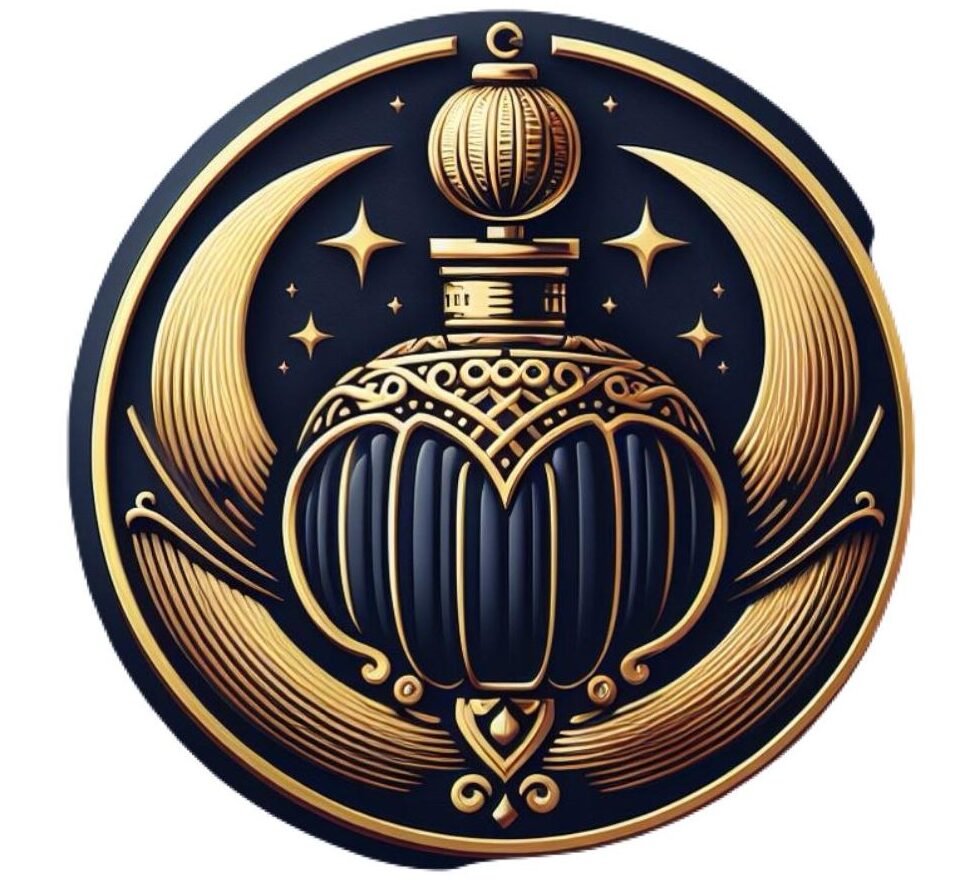Perfumes History – more than magic – 2500 years
Perfume History: From Ancient Rituals to Modern Fragrances
perfumes history
Introduction
has been an integral part of human culture for thousands of years. From the earliest incense burners of ancient Mesopotamia to the luxurious designer perfumes lining the shelves of modern stores, the history of perfume is as rich and diverse as the scents themselves. This article explores the fascinating journey of perfume throughout the ages — its origins, evolution, and influence on modern fragrance culture.
⸻
The Birth of Perfume: Ancient Civilizations
The word “perfume” originates from the Latin phrase per fumum, meaning “through smoke.” This refers to the early use of aromatic resins and herbs in religious rituals. The earliest records of perfume use come from ancient Mesopotamia, where the Sumerians and Babylonians burned incense to honor their gods.
In ancient Egypt, perfume was not only spiritual but also a status symbol. Egyptians used scented oils for ceremonies, embalming, and personal hygiene. Queens like Cleopatra were famous for their love of fragrances, and perfume was deeply embedded in Egyptian life and afterlife.
⸻
Perfume in the Classical World: Greece and Rome
The knowledge of perfumery spread to the Greeks and Romans, who adopted and refined Egyptian techniques. Greek physicians and philosophers documented the therapeutic benefits of scented oils, while Roman aristocrats turned perfumery into an art form. Public baths were scented, and perfume was used liberally in daily life, both by men and women.
⸻
The Islamic Golden Age and the Science of Perfume
During the Islamic Golden Age (8th to 13th centuries), perfume-making underwent a major transformation. Muslim scholars like Avicenna (Ibn Sina) advanced the science of distillation, allowing for the extraction of pure essential oils from plants. This period marked the shift from burning aromatics to creating liquid perfumes.
Perfume was a significant part of Islamic culture, used in mosques, homes, and personal grooming. Musk, rose, ambergris, and oud were among the most prized ingredients. The influence of Islamic perfumery later spread to Europe via trade routes and the Crusades.
⸻
The Renaissance and the Rise of European Perfume
In Renaissance Europe, perfume gained popularity in France and Italy. Perfume was used to mask unpleasant odors in a time when bathing was rare. The court of Catherine de’ Medici in France played a key role in establishing perfumery as a luxurious art, and perfume production became a booming industry.
Cities like Grasse in France became global centers of perfume manufacturing — a status they still hold today. Perfume evolved into a fashion statement, closely tied to the aristocracy and later the bourgeoisie.
⸻
The Industrial Revolution and Modern Perfumery
The 19th century saw perfume production evolve rapidly due to scientific advancements. Synthetic ingredients were introduced, allowing for new, affordable, and long-lasting fragrances. Brands like Chanel, Guerlain, and Dior emerged, turning perfumery into a billion-dollar global industry.
Marketing and branding transformed perfume into a symbol of identity and lifestyle. Scents became gendered, packaged luxuriously, and aligned with celebrity culture.
⸻
The Role of Perfume Today
Today, perfume is a personal statement that expresses individuality, mood, and style. The global fragrance market is expected to surpass $50 billion by 2027, with niche and artisanal perfumes gaining popularity alongside mass-market brands.
Sustainability and ethical sourcing have become key trends, with consumers demanding transparency in ingredients and production methods. The world of perfume continues to evolve, blending ancient traditions with modern innovation.
⸻
Conclusion
The history of perfume is a story of culture, science, and artistry. From sacred rituals in ancient temples to sophisticated modern bottles, perfume has always been more than just a fragrance — it reflects humanity’s desire for beauty, memory, and meaning.
As we continue to create and enjoy new scents, we carry with us a legacy that stretches back millennia — a timeless connection to our ancestors through the power of smell.





